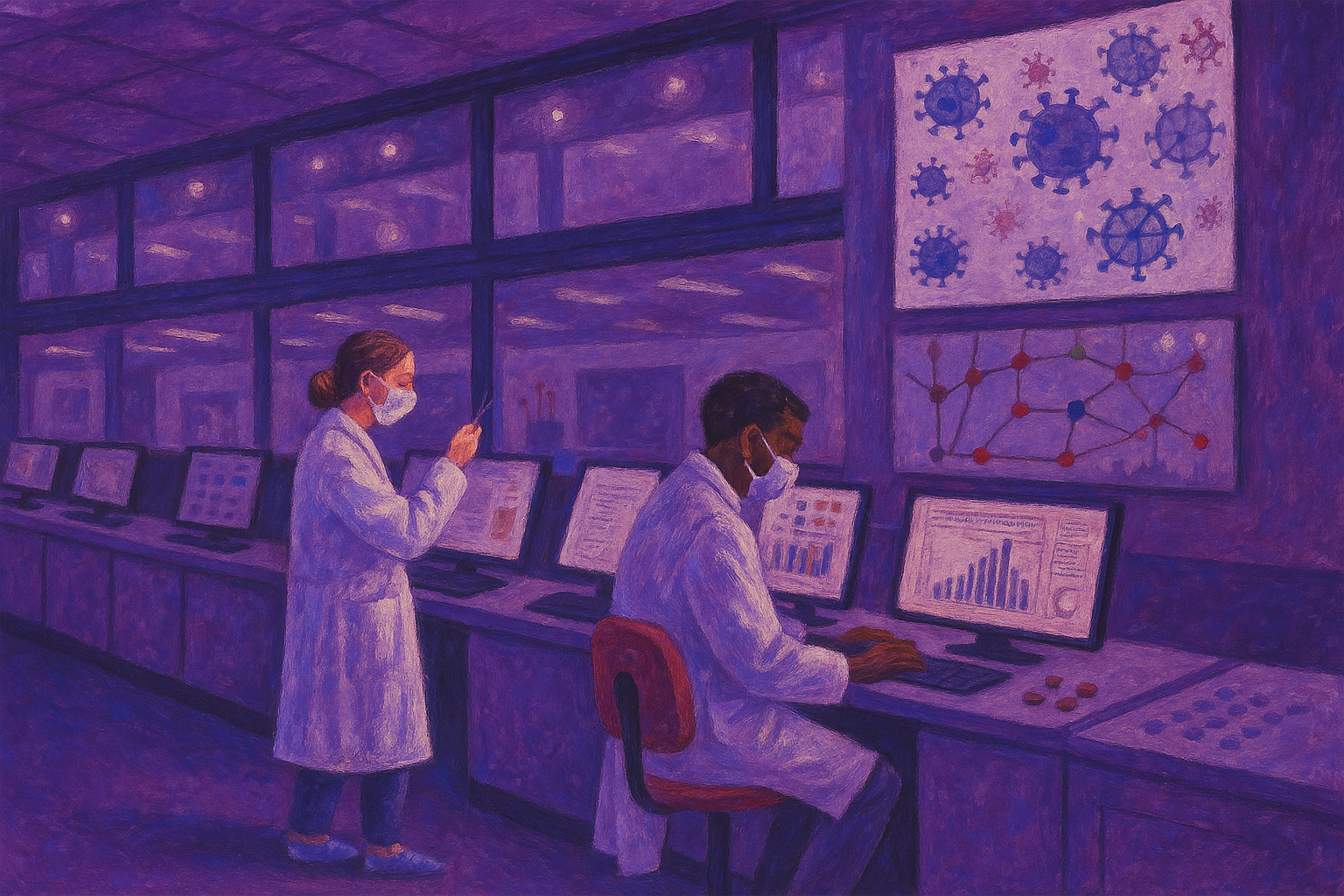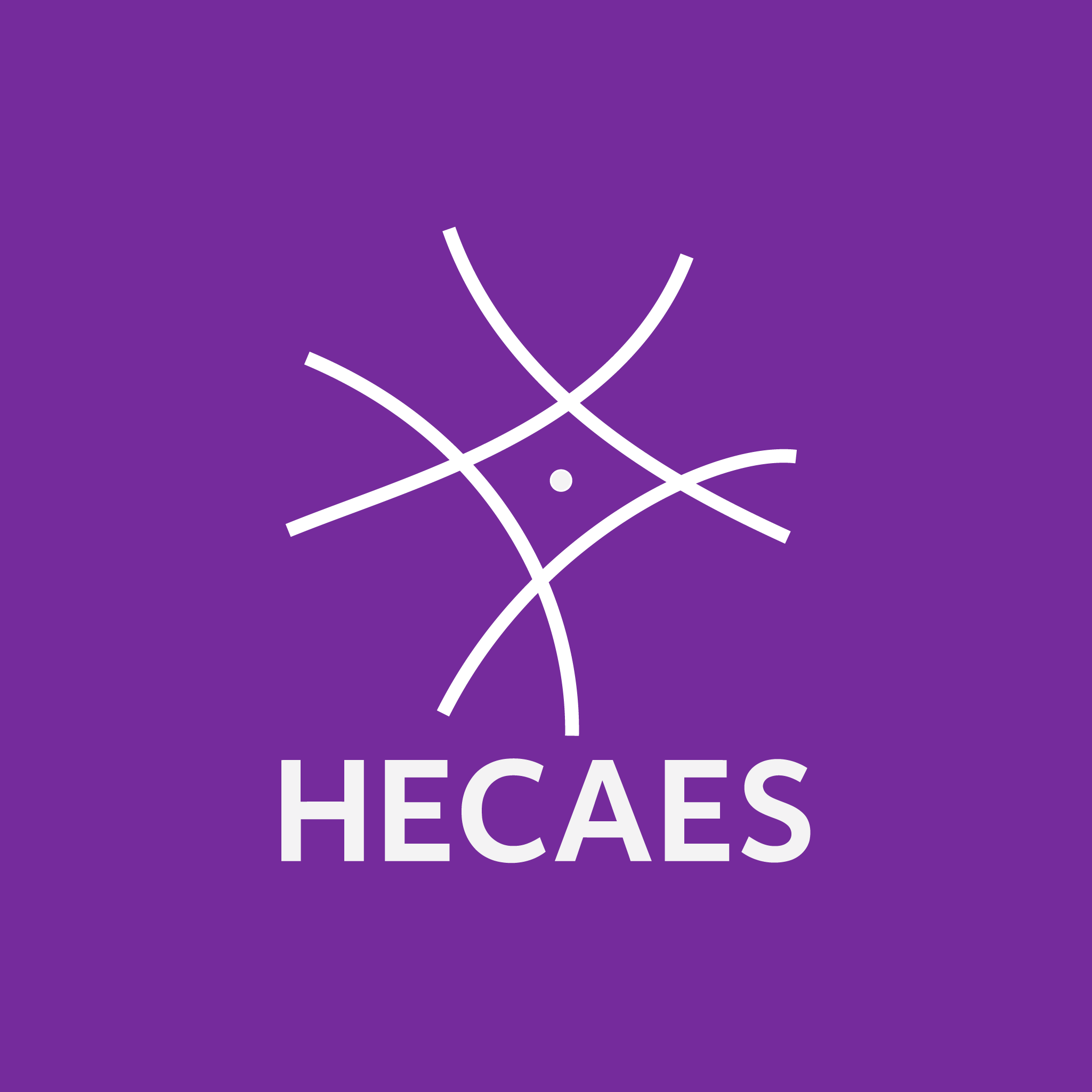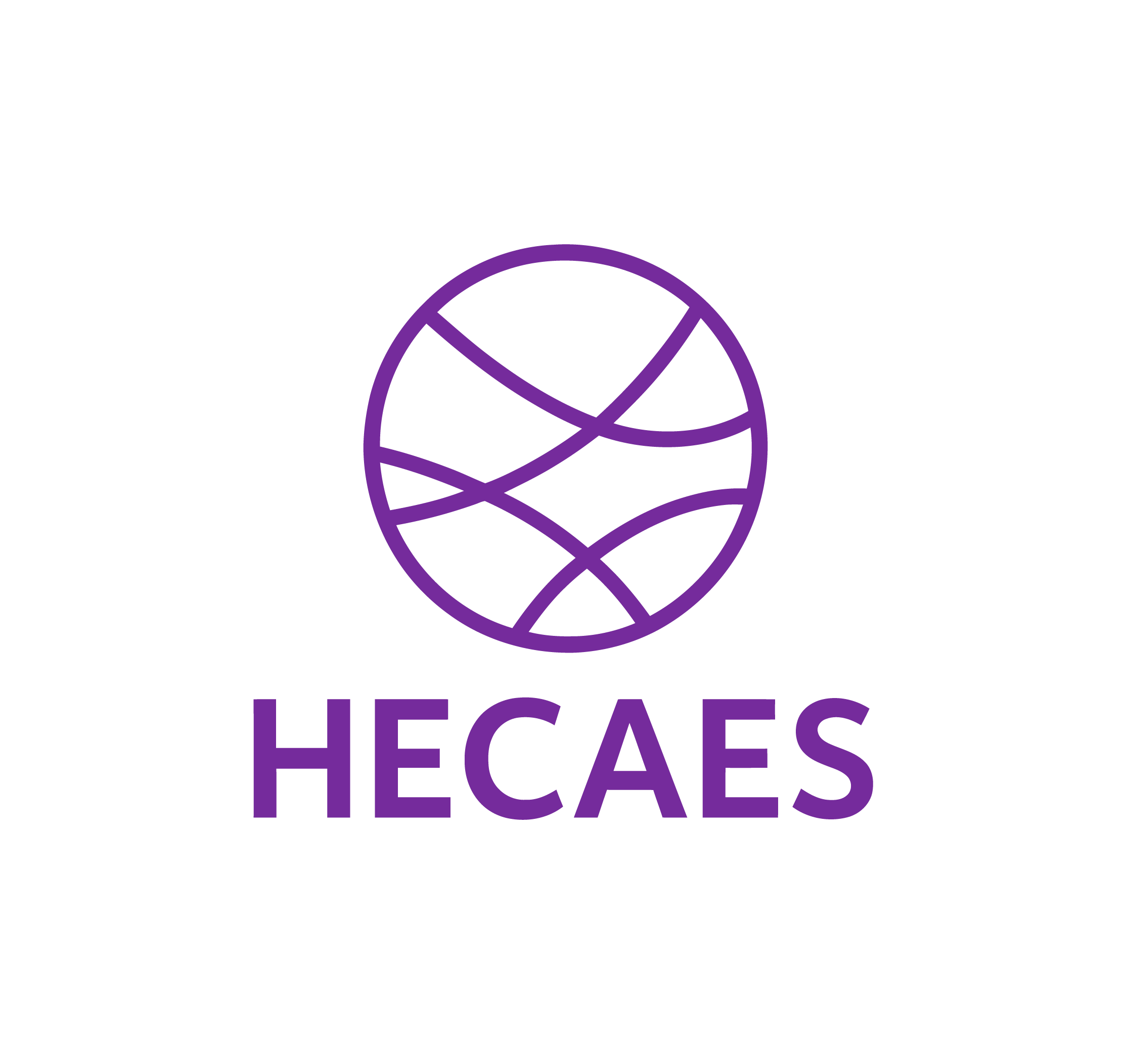Health crisis and academic engagement with society
About HECAES
HECAES is a research project funded by the Ministry of Science and Innovation, through the State Plan for Scientific, Technical and Innovation Research (PID2022-137053NB-I00), from 2023 to 2027.
The aim is to analyse how health crises affect academic engagement with society, defined as the creation of knowledge by universities and research organisations with companies and other social actors.
The project is led by INGENIO (CSIC-UPV).
This website is dedicated to Julia Osca Lluch (1956-2024), member of our team.

Project summary
Society demands academic engagement. In the management literature most influenced by Science, Technology and Innovation Studies, academic engagement is defined as the production of knowledge by universities with business and other social actors. There are certain gaps in the research, such as including the health crisis among the antecedents of engagement. A health crisis is a threat to health, with repercussions on mortality rates, the economy and welfare.
The aim of this project is to analyse how it affects academic engagement. We previously studied how an economic crisis increases academic engagement, and now we ask, based on the COVID-19 pandemic, whether a health crisis also strengthens academic engagement.
Analysis of health crises
Variety of social agents
Heterogeneity of interaction channels
Psychological factors
Socetial impact of research
Results
Art, science and gender: an unequal triangle
Women in academia continue to face structural and cultural barriers to participating in artistic practices and communicating science through the arts. Our latest study explores how conservatism and family responsibilities exacerbate these challenges, limiting participation in creative scholarly activities.
Key findings:
- Female researchers are much less likely to pursue artistic research or communicate science through the arts.
- Conservative environments reinforce traditional gender roles, further discouraging participation.
- Family responsibilities amplify these effects, creating additional barriers.
How can institutions better support women in these creative academic roles?
Joaquín M. Azagra-Caro (2025). Visibility without protection? Barriers to women researchers’ engagement in artistic practices and science communication through art, https://doi.org/10.20350/digitalCSIC/17090.



